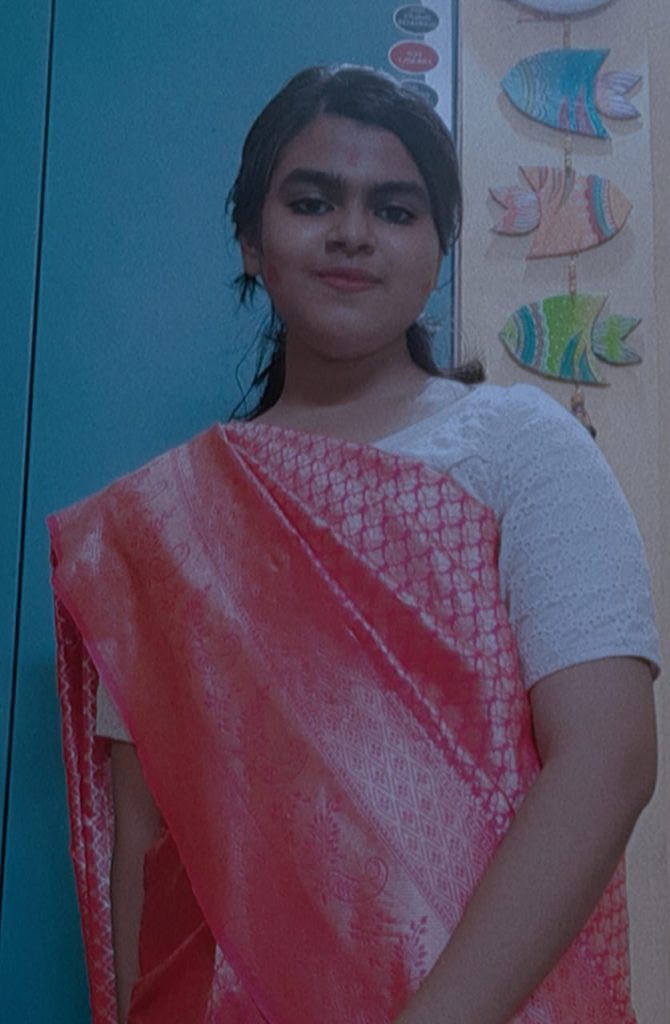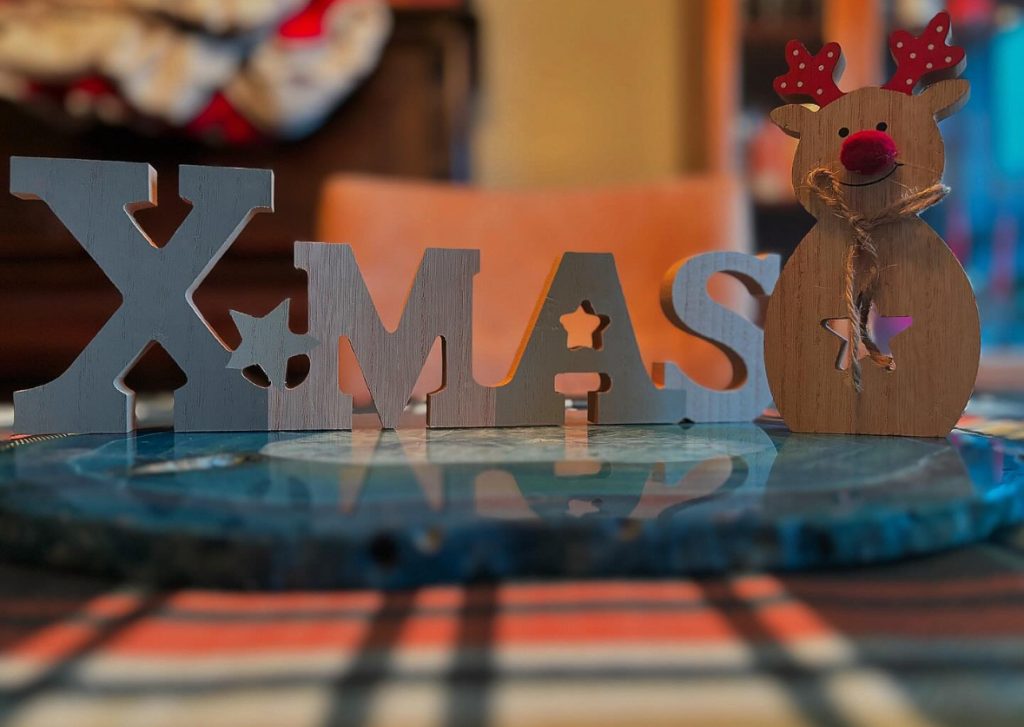***
the word ceiling does not mean that you have a sky
the word sky does not mean that nothing will fall on your head
scared to live with worms underground
it’s even scarier to live with worms above the ground
scared to be a worm
(the worm can be cut into pieces and he will not die)
(the worm moves strangely and has no legs)
scared to be
scared to scream
scared to be silent
scared to stream
it’s scary to be a man but to live without limbs like you’re a worm
as a child, I always tore off the arms and legs of toys
I tore off the arms and legs of toy soldiers
(like in real life)
god why can’t you see
why does everyone around say that you do not exist
why does everyone around say that I’m not there
why am I lying somewhere in the cemetery and it’s dark around
***
Ashtrays of the Lord God after a night thunderstorm
Who will not return home after being struck by lightning?
Little girl looks out the window with hope
Her mother looks out the window with promised melancholy
***
firefighters die in a spring thunderstorm
fluffs of moisture swirl insatiably
in the sultry air
***
in a spring fire
trees were burned paper packaging thoughts plastic hands skin tears fears
and then the fire was extinguished with urine
the sky above the color of the bones of an angel
***
I have never seen birds
my old grandfather doesn’t recognize me
I rub my eyes
and it’s dark around
physical diseases transmitted genetically are the most terrible
***
when my cat died i laughed
mouse corpses floated in the air
a sad mother came up and asked why I had fun and I bit her hand
then mom got offended and left the hospital
then the orderly came and again injected me with a sedative
the cleaning lady went to the bed and removed the toy (cat) torn to pieces
the remaining month in the mental hospital was not marked by anything special
***
Gas mask from the magi
Cocaine from cain
Cider from eva
Gospel of babylonians
And every morning someone born under the star of
Jesus gets ready to go on the road
***
a small bird warms a piece of glass with its breath
a shadow from a tree hides behind a feathered back
college life caught in death collage
the bird freezes and the graveyard rain falls from heaven
the graves are crying and trying to say something
the tree is looking for a flower on its branches and does not find
another day has come to an end
***
The gallows of your embrace
Thousands of suns soak up the world around
Thousands of suns explode destroying the suicide world
The city of unwashed ropes and cracks in the chest climbs out
A man near a signboard and it is not clear where to go forward or into the future
***
1
Can’t die without you
Can’t breathe without you
I want to see your naked body
I want to see the bare naked soul
Paratroopers fly overhead like seagulls
But you’ll never see it again
2
A spring flame of hope burns in my chest
I’m still naive and capricious like a child
You are so beautiful and capable of giving everything in the world
You’re fucking somewhere far away with others and I’m happy for you
Distance is a house of cards for the two of us
And I never knew anything about cards
You’re in the house
I’m in a dungeon
3
The rain divides the city in half
The first half is for my love
The second half is destined for my love’s graveyard
***
the book teaches
own pages
to crunch wisely
***
five fingers
a child asked
his mother
why other children have five fingers
***
The graveyard of the bed counts the vertebrae
The broken ceiling shades the skies in the pupils
Aluminum birds stonefull knock on the window
The soul leaves the meat cage of physicality forever
***
stonefull
everything
ness
without face –
outside my body
***
eagle without:
feathers
beak
еyes
wings
skin
bones
body
***
the voice you hear
is drowning
in the autumn water
***I didn’t pay for air before nightfall
My house has turned into a monster
Where should I return now?
***
snow is procrastination when your favorite porn actor dies inside you


